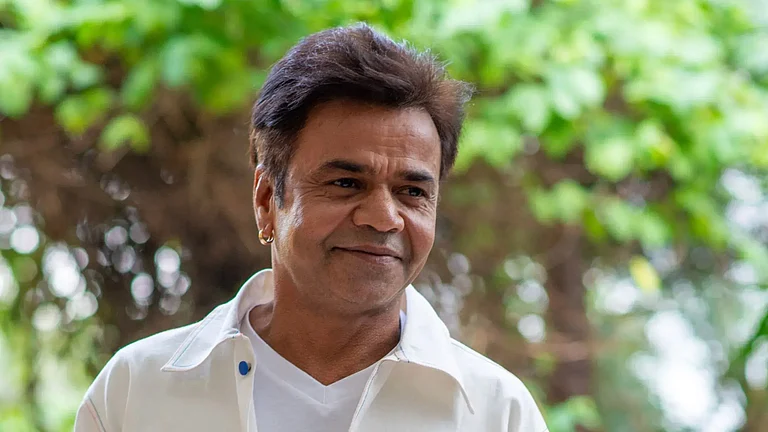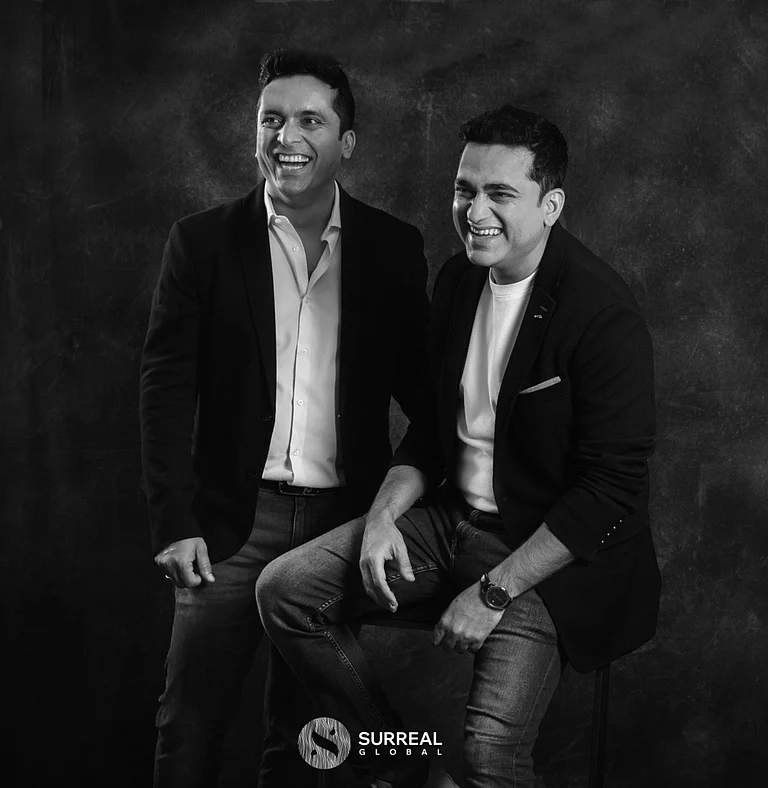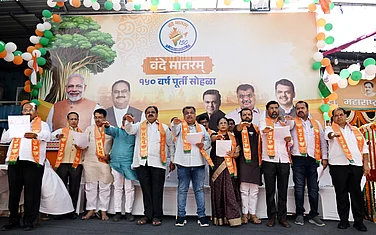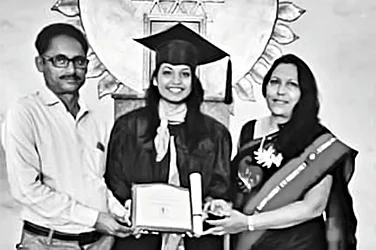An anticipatory bail has been granted to Congress leader Jagdesh Tytler by a Delhi court on Friday in connection with a case related to the Pul Bangash killings during the 1984 anti-Sikh riots.
It has been reported that the court has imposed certain conditions on Tytler, including that he will not tamper with the evidence in the case or leave the country without its permission.
Earlier on Thursday, Special Judge Vikas Dhull reserved the order for August 4 after hearing arguments from the counsel appearing for Tytler and the CBI.
In its charge sheet filed before the court, the CBI alleged that Tytler "incited, instigated and provoked" the mob that had assembled at Pul Bangash Gurdwara in Azad Market on November 1, 1984, that resulted in the burning down of the gurdwara and killing of three Sikhs -- Thakur Singh, Badal Singh and Guru Charan Singh.
The agency had invoked charges under sections 147 (rioting) and 109 (abetment) read with 302 (murder) of the Indian Penal Code (IPC), among others, against Tytler.
A city court had on July 26 summoned Tytler on August 5 after taking cognisance of a May 20 charge sheet filed by the CBI in the case.
On November 1, 1984, three people were killed and a gurdwara was set ablaze in Pul Bangash area, a day after the then prime minister Indira Gandhi was assassinated by her Sikh bodyguards.
What did the CBI and the victims' lawyer say?
During the hearing on Thursday, the CBI opposed Tytler's application.
“The witnesses have come forward showing great courage and the possibility of influencing them cannot be ruled out. As per the statement of new witnesses, prima facie the role of Jagdish Tytler appears...,” the CBI said.
Appearing for the victims, Phoolka also opposed the bail application and claimed Tytler had threatened him on live TV.
Phoolka said this was the first case in the country where a closure report was filed three times and the court rejected it every time.
“This is not just a case of killing of three Sikhs, it is a case related to the massacre of Sikhs. 3000 people were killed in broad daylight in Delhi... People who raped and killed Sikh women were honoured, that's why we are all seeing what is happening in Manipur today,” he said.
He added the same pattern of killings that took place during the Partition was in evidence during the anti-Sikh riots, and the communal riots in Gujarat, Muzaffarnagar and other places.
Phoolka said not just the witnesses but also lawyers were threatened in the case. Tytler is an influential person, he said.
“While considering the bail, the court should also keep in mind the gravity of the case. It was the worst massacre ever,” he said.
How did Tytler's lawyer defend?
While seeking the relief, Tytler’s lawyer told the court his client was anticipating arrest and he should be granted bail.
“The exact time of the crime was not ascertained by the probe agency and multiple closure reports were filed in the case... Delhi Police twice and CBI once said nothing was found against Tytler,” Tytler’s advocate Manu Sharma told the court.
He said the CBI, after having filed a closure report in the case, submitted a charge sheet against Tytler on the basis of the statements of some new witnesses just 11 months before the Lok Sabha elections.
“CBI filed closure report several times in the case and opposed the protest petition too. CBI had given a clean chit while filing charge sheet in 2007 and 2014,” he said.
He also pointed out that the CBI did not arrest Tytler during the entire investigation.
“The witnesses included after 25 years cannot be trusted. Tytler is not a flight risk. He is the age of 79 and having medical issues,” the Congress leader's counsel told the court.


























